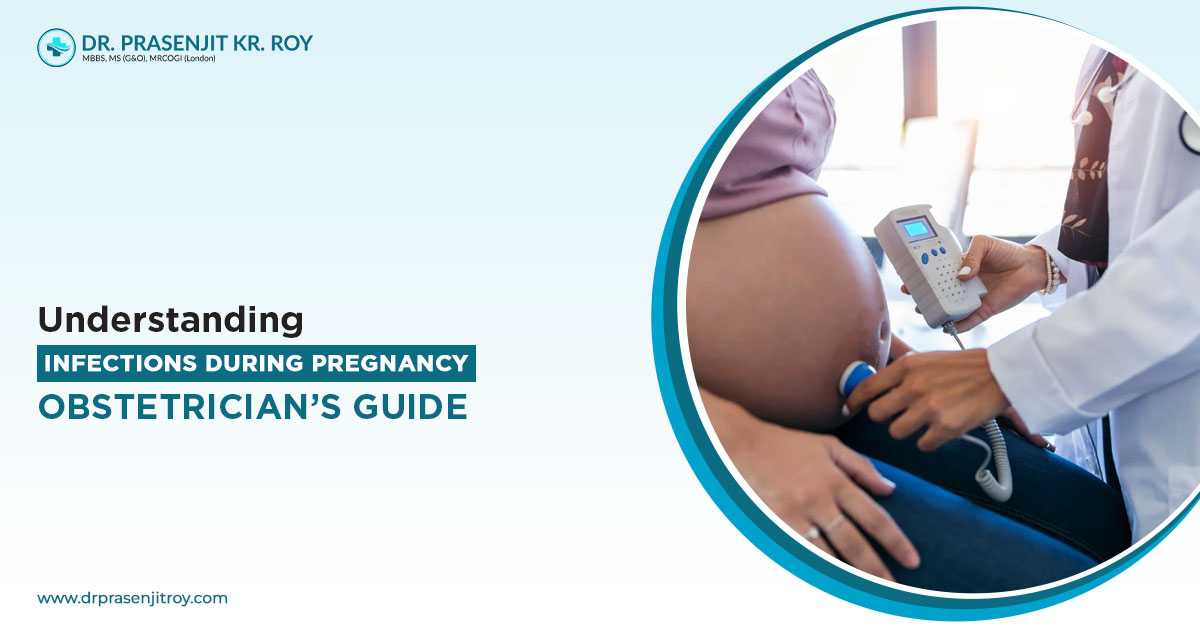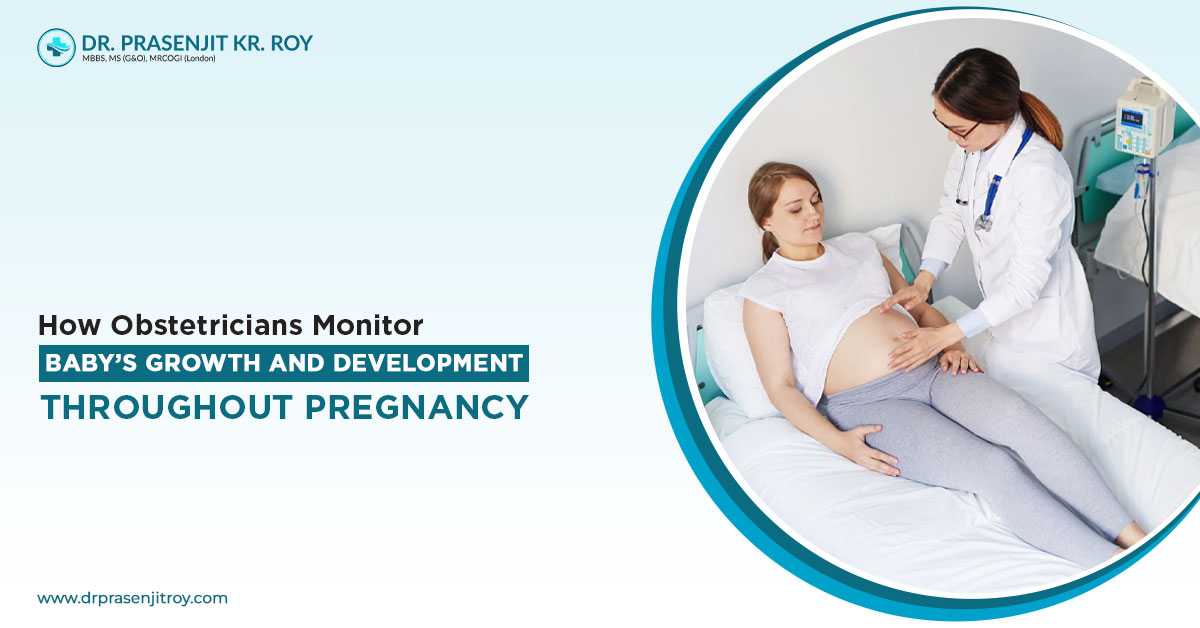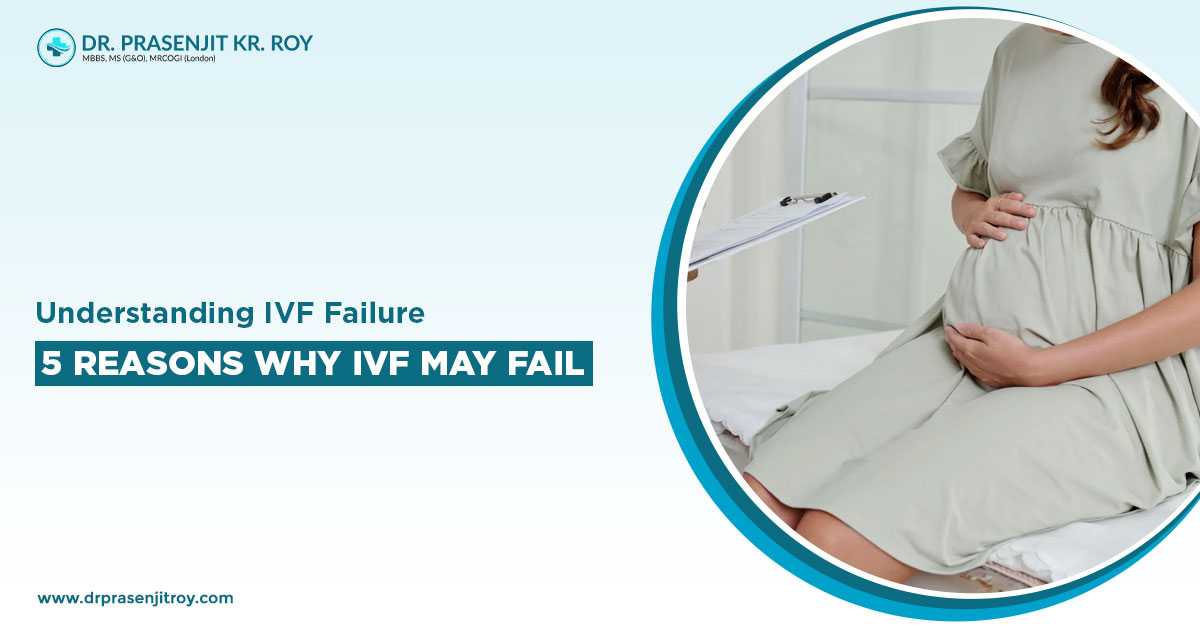IVF or In-vitro Fertilisation is one of the last routes couples take after years of being unable to conceive. Many struggling couples go through this reproductive procedure due to its high success rate. IVF is known for being able to overcome various gynecological factors that become an obstacle to fertility. However, in recent years, it has been found that IVF can also be done to overcome some effects of autoimmune diseases.
Specialists at the best IVF center in Siliguri state that getting the right treatment from a well-known IVF specialist can allow couples to deal with autoimmune disease and understand the connection between them.
Understanding Autoimmune Diseases and Fertility
An autoimmune disease occurs when the immune system of the body does not recognize its tissues. This causes them to attack their tissues, which results in severe health conditions. Autoimmune diseases such as lupus, rheumatoid arthritis, and Hashimoto's thyroiditis are also known to affect the female reproductive system.
As this condition causes harm to the healthy tissues, hormones tend to fluctuate, and reproductive organs can also be damaged. This also often results in lower egg quality and can lead to miscarriages and pregnancy complications.
Impact of Autoimmune Disease on IVF Treatment
Here is a list of factors caused by autoimmune diseases that are linked to the fertility of women and IVF treatment outcomes:
- Inflammation and Immune Response
Inflammation is one of the main ways that autoimmune illnesses might impact the results of IVF. A successful pregnancy may be prevented by inflammation brought on by an overreactive immune response, which can impede embryo implantation. Additionally, it might degrade the quality of the sperm and eggs, which would make conception more challenging.
- Hormonal Imbalance:
Hormonal abnormalities are a major factor in fertility and can be brought on by certain autoimmune illnesses. For instance, thyroid issues and autoimmune diseases like lupus can cause irregular periods or poor ovulation, which can have a major impact on the success of IVF.
- Endometriosis and Other Conditions
Endometriosis, which affects the ovaries, fallopian tubes, or uterine lining, can sometimes coexist with autoimmune illnesses to reduce fertility. Chronic discomfort, adhesions, and scarring are all consequences of endometriosis that might hinder an embryo's ability to implant. During IVF, women who have endometriosis and autoimmune illnesses may encounter additional difficulties.
Couples affected with autoimmune disease may need the help of the best IVF center in Siliguri to ensure success. Understanding how autoimmune diseases impact fertility is also essential, as it can help doctors design the most effective approach to increase the chances of success.
Treatments For Better IVF Outcomes
While IVF outcomes can be regulated with the help of treatment, as stated, autoimmune conditions can have a direct impact on fertility. With the best comprehensive IVF treatment in Siliguri, couples can make treatment plans that ensure overall success.
- Immunotherapy:
- In some cases immunotherapy may be recommended can be used to reduce inflammation or suppress an overactive immune response. This therapy can also help prevent the immune system from attacking embryos during the IVF process.
- Hormonal Treatment:
- Regulating the hormonal balance through injections and medications like thyroid hormone replacements or corticosteroids can help improve reproductive health, which is essential for a successful IVF cycle.
- Blood Thinners:
- In cases of antiphospholipid syndrome or other clotting disorders, blood thinners may be prescribed to prevent pregnancy complications like miscarriages or placental problems.
- Managing Co-existing Conditions:
- Managing a patient's various autoimmune disorders at the same time can improve the likelihood that IVF will be successful. A multidisciplinary strategy is frequently used for this, incorporating advice from endocrinologists, rheumatologists, and reproductive experts.
Conclusion:
While autoimmune disease can pose challenges for couples undergoing IVF, it’s important to remember that with the right care and treatment plan, success is achievable. Understanding how autoimmune conditions affect fertility and working with a skilled team at the best IVF center in Siliguri can make a significant difference in IVF outcomes. If you're facing autoimmune disease-related infertility, don't lose hope as expert care can help you achieve your dream of parenthood!







